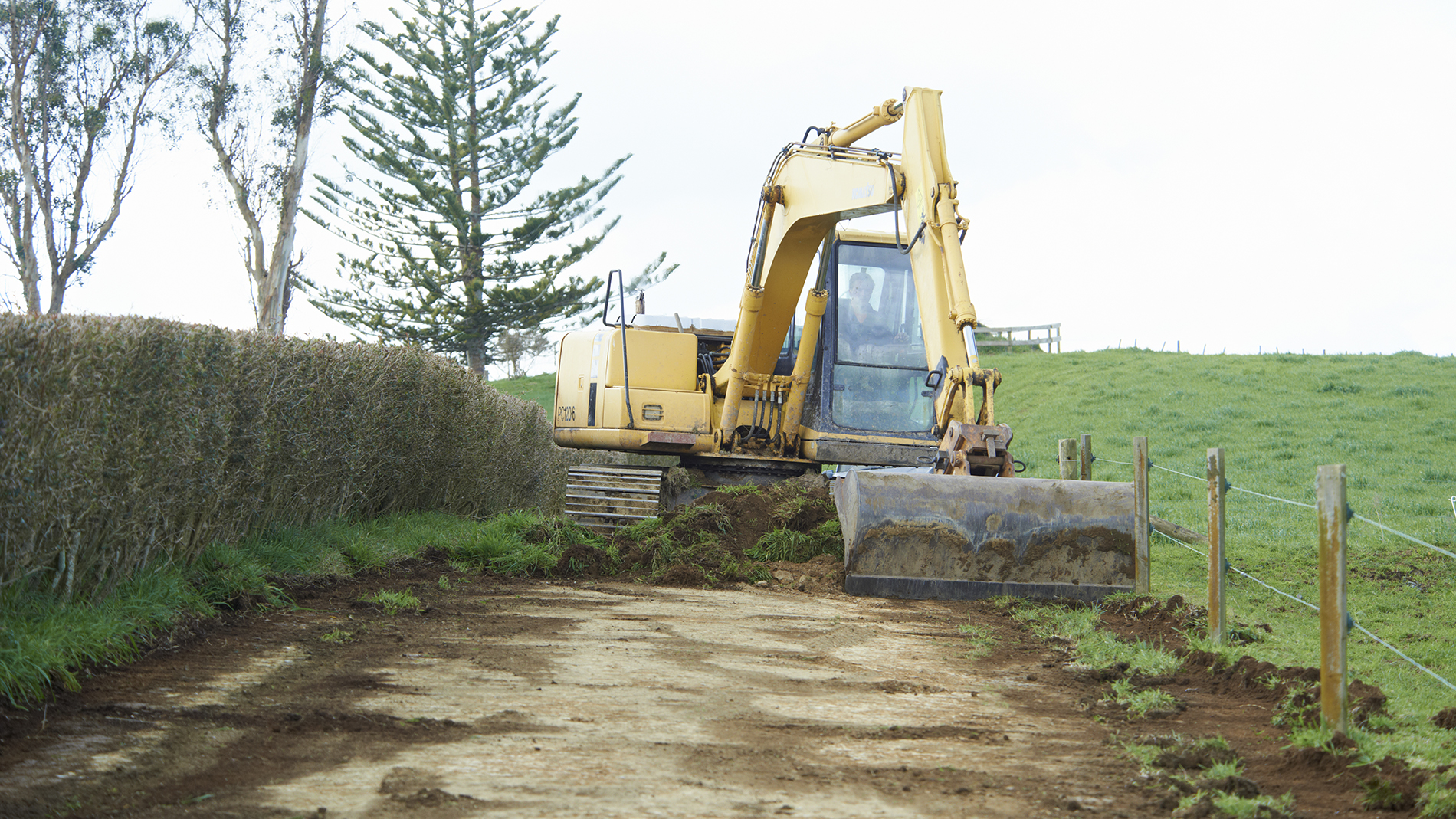If you’re planning an earthworks project in the Waikato region, including small scale works on private property, you need to make sure you’re sticking to the rules.
Having a clear plan for erosion and sediment control, getting the right consents and meeting relevant conditions protects you, your property and the environment. And we’re here to help you get it right.
What are earthworks?
Any activity that disturbs the soil or land can be classed as earthworks, but this page refers to activities which may require erosion and sediment controls. This includes trenching, cleanfill importation, major site excavation and cut to fill projects, roading and tracking, quarries and vegetation removal.
Why is it important to get them right?
If the right precautions aren’t taken, common earthworks projects can cause land to become unstable and release excessive amounts of sediment into our wetlands, waterways and coastal areas.
This can put you and your property or business at risk as well as damage water quality and delicate habitats by smothering critical species and interrupting lifecycles, often with serious long-term effects.
Resource consents
-
The steeper the land you plan to work on and the closer it is to water, the greater the risk.
For works on slopes greater than 25 degrees, within 100 metres of water, or on a large scale, you may need a consent.
Do I need a consent for earthworks?
How do I apply for a consent?
Permitted activities
-
Permitted activities are those that are allowed under the Resource Management Act (RMA), Waikato Regional Plan or Regional Coastal Plan.
Projects that pose less risk to the environment can usually be carried out under these rules, but you’ll still need to comply with certain conditions and have erosion and sediment controls in place before you start work.
What are permitted activities?
What conditions do I need to meet?
When can I dig?
-
Most resource consents will require works to stop between 30 April and 30 September, unless a written winter works approval has been obtained in advance from Waikato Regional Council.
It is worth bearing in mind that it’s also easier, better for the environment and more pleasant to carry out this sort of work in warmer, dryer weather.
When can I dig?
Winter works
Installing erosion and sediment controls
-
Yes. All projects involving soil disturbing activities in the Waikato region require erosion and sediment controls to be installed and maintained during and on completion of the works, whether they are permitted or require a consent.
Having an Erosion and Sediment Control Plan (ESCP) in place before starting your project is recommended to ensure that erosion and sediment loss is properly controlled and managed. Where your activity requires a resource consent, an Erosion and Sediment Control Plan must be submitted as part of the consent application.
These plans help ensure land stability and prevent sediment from finding its way to water and damaging natural habitats.
Do I need to install erosion and sediment controls?
Prep and practice
What do good and bad earthworks look like?
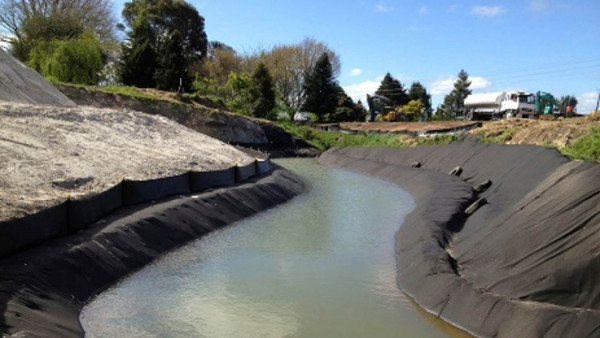
Geotextile sheets are used to line the channel at a large site.
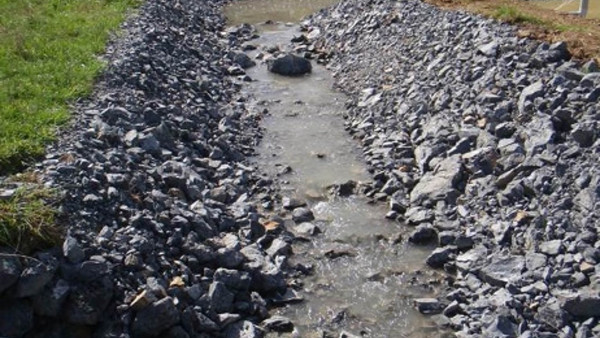
A rock lined channel holds back earth.
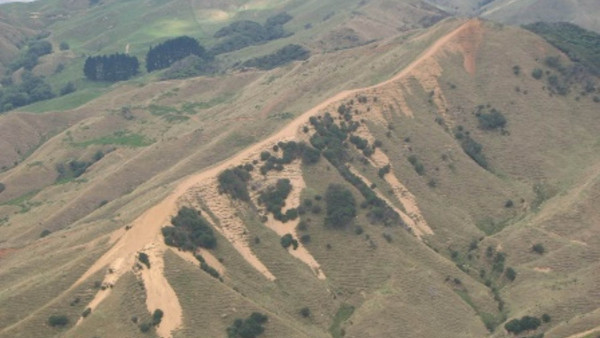
No erosion controls in place on steep hillside.
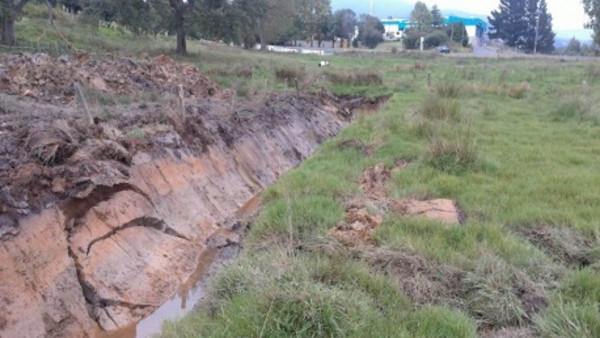
A contractor was prosecuted for these works near water.
Please note that this page presents a simplified overview of the requirements for earthworks activity in the Waikato region and should not be read as a substitute for the plans and regulations it describes.
If you are in any doubt about your obligations, please give us a call before you start work.

